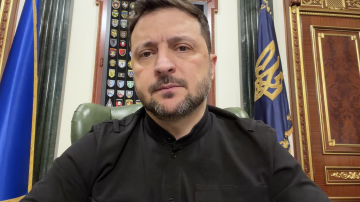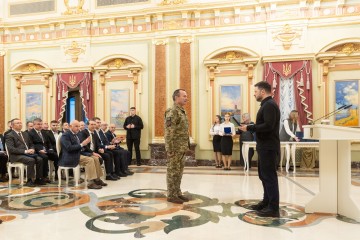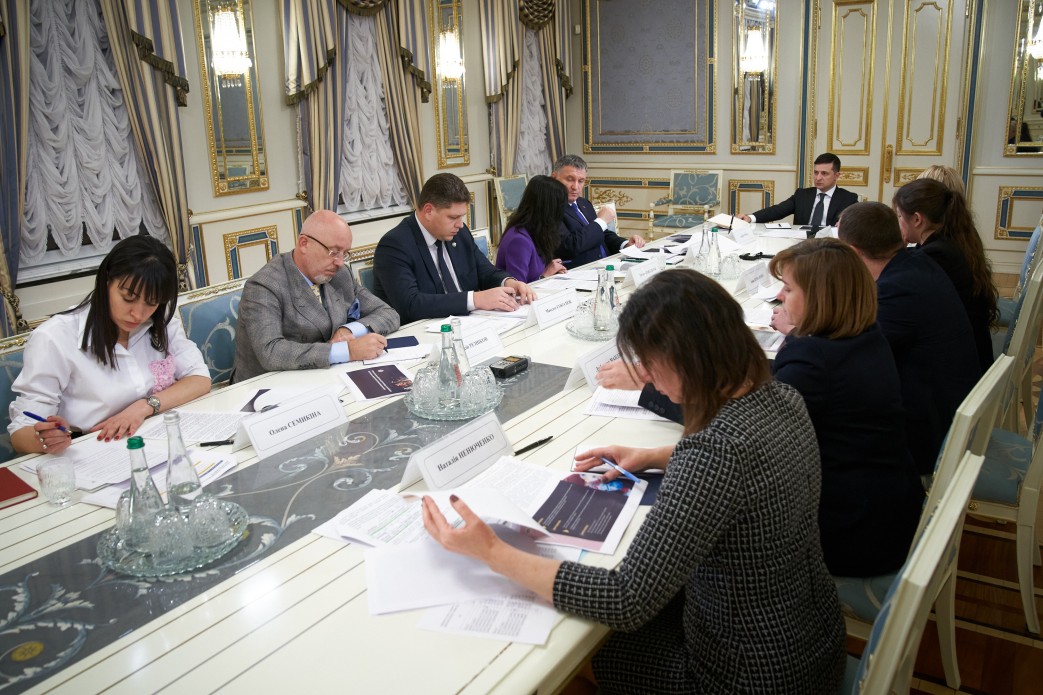President of Ukraine Volodymyr Zelenskyy held a meeting on providing the youth living in the temporarily occupied territories with opportunities to obtain a passport of a Ukrainian citizen and assisting them in entering Ukrainian higher education institutions.
The meeting was attended by representatives of the Ministry of Education and Science, the Ministry for Veterans Affairs, Temporarily Occupied Territories and Internally Displaced Persons, the Ministry of Internal Affairs, the State Migration Service and the Security Service of Ukraine.
During a meeting, the Head of State emphasized that the Russian Federation was massively issuing its passports to people living in the temporarily occupied territories as war in the east of Ukraine continued.
According to the President, such a situation is unacceptable and Ukraine must fight for its citizens. Therefore, there is a need to develop a special program aimed at providing the youth with documents proving Ukrainian citizenship.
"We need to establish contact with civilians in the occupied territories who cannot live in Ukraine-controlled territory for some reason," Volodymyr Zelenskyy noted.
The President also stressed that such measures should motivate young people to get Ukrainian education and contribute to their future life in the territory controlled by Ukraine.
According to the Head of State, it is not only about those who stayed in the temporarily occupied territories, but also about those who subsequently returned there, because they were unable to get settled in the Ukraine-controlled territory and enter Ukrainian higher education institutions before the introduction of preferential conditions of entry for this category of citizens.
Minister of the Interior Arsen Avakov and his deputy Tetiana Kovalchuk outlined proposals that could form the basis of the future program, inter alia, simplification of the procedure of obtaining administrative services, in particular as regards obtaining a Ukrainian birth certificate and passports by residents of the occupied territories.
The parties also consider the possibility of providing distance learning of Ukrainian language and history of Ukraine - subjects that are not currently taught in the temporarily occupied territories, expanding the number of higher education institutions which children of this category could enter, increasing quotas for state-funded places in them, hotline for entrants and more.
The need for a broad communication campaign aimed to clarify and inform of the above mentioned steps was emphasized.
The Head of State emphasized the importance of establishing administrative service centers, where people could get the necessary services and important information, at the checkpoints along the line of delimitation in the Donetsk and Luhansk regions, as well as at the administrative border with Crimea.
Volodymyr Zelenskyy highlighted the need for a broad information campaign and a comprehensive approach in the development of the program and the implementation of the proposed steps.
The participants of the meeting agreed to elaborate proposals by March 1 and present them at the next meeting.




